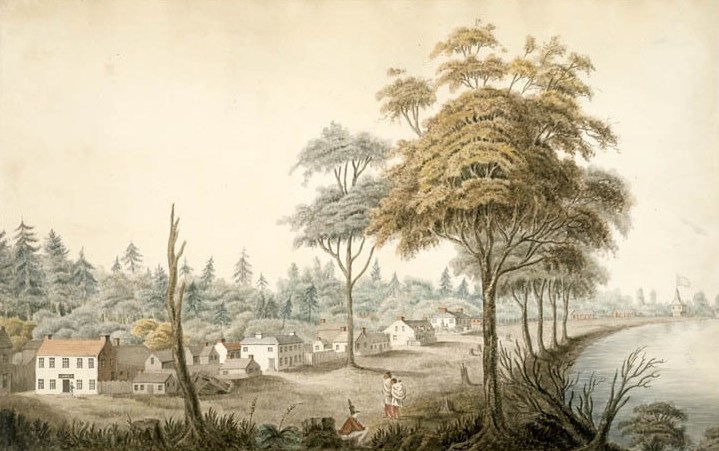Ervin
Active Member
I'm not sure I understand this definition. Are you talking about city or town boundaries or are you talking about urban development boundaries within existing towns (obviously Toronto does not have an urban development boundary other than it's border)? I'm not sure if you are asking if towns like Aurora, for example, should stop approving new developments.
I am saying that cities should prevent massive areas of land that originally separated the countryside from the city from being entirely covered by hundreds of identical houses, and as a result bringing forth the many disadvantages of low density suburbs.
I personally like the Wikipedia definition: http://en.wikipedia.org/wiki/Urban_sprawl
It's not that complicated people.
Also, thank you to those of you who have posted some informative replies so far.
Last edited:





